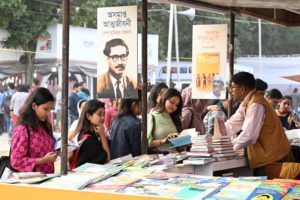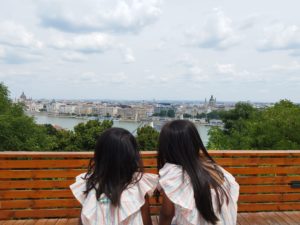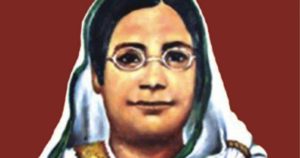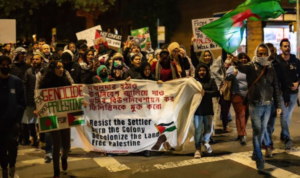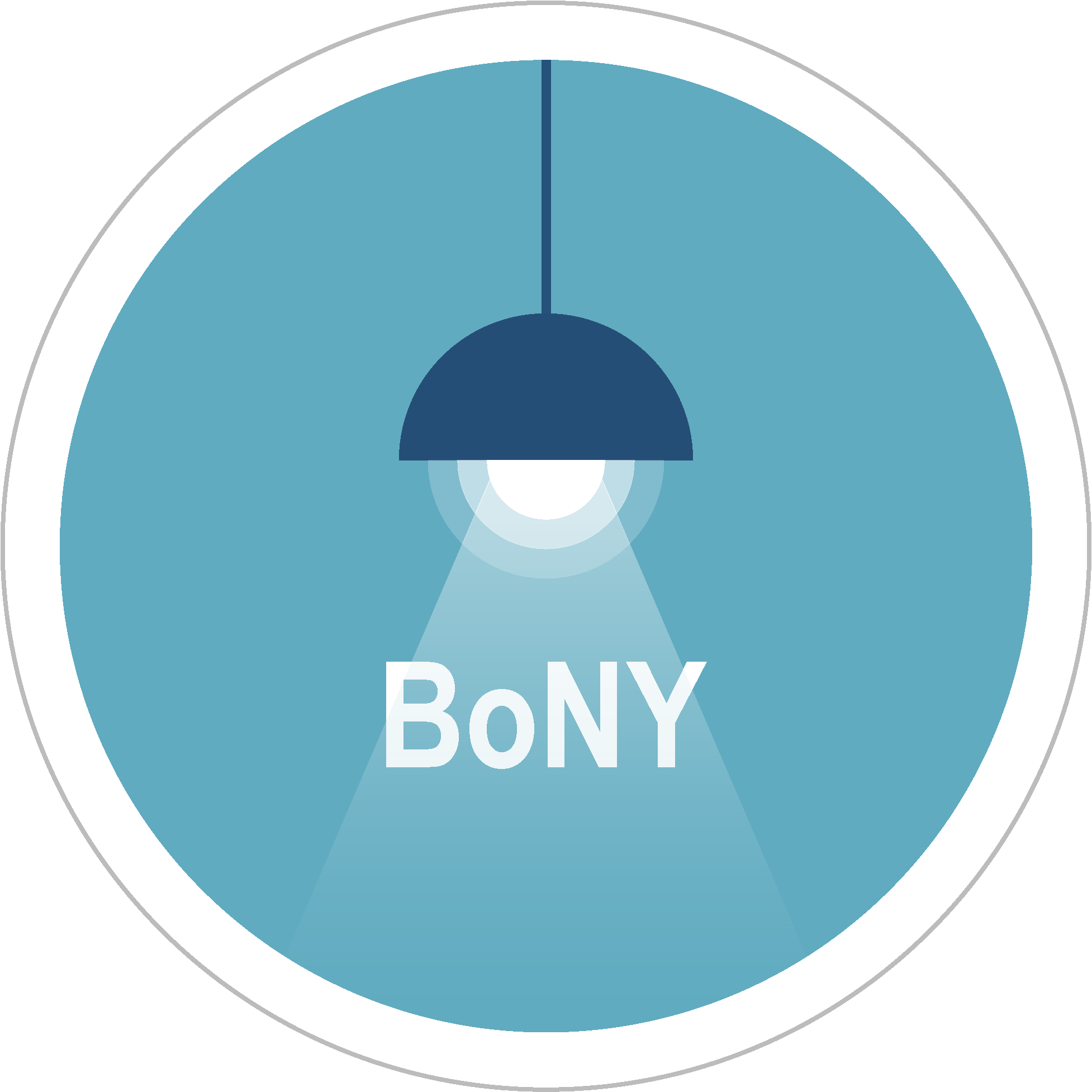Students in Bangladesh Unite to Protest Outdated Quota System

By Bushra Mollick
What began as a series of peaceful protests challenging a reinstated quota system quickly turned deadly over the past week as students clashed with armed police and quota-supporters. Multiple sources say thousands of people are dead, and the exact death toll is unknown. A telecommunications blackout has been implemented by the Bangladeshi government late Thursday morning, stifling all Internet access and calls.
What is the quota system?
The quota system was created in 1972 following Bangladesh’s independence. It reserved 30% of all government jobs for relatives of the Mukti Bahini (freedom fighters), the term used to describe veterans of the 1971 Liberation War. By the time the system was abolished in 2018, the quota had gone through a series of changes, most recently allowing 56% of all government jobs to be reserved by a quota.
Of the 56% of roles, the majority of positions are held for relatives of the Mukti Bahini. The remaining roles are reserved for women, people from underserved districts, people from indigenous communities, and people with disabilities.
The Bangladeshi High Court, one of two divisions of the Bangladesh Supreme Court, reinstated the system in June, sparking the protests from students.

Why are students protesting?
Students are challenging the quota system because it reserves too few positions for students based on merit. Though some reports state that students do support reserved roles for people from indigenous communities and those with disabilities, they want to abolish all other categories citing that corruption has limited access to these roles.
Though Bangladesh was once considered one of the fastest growing economies in Asia, that growth has stagnated due to rising unemployment rates. According to Reuters, almost 32 million young Bangladeshis are without work or education.
With limited opportunities for students, government roles are one of the few career choices that promise growth and good pay. The quota system, however, limited these opportunities for students. Every year, about 400,000 students compete for 3,000 government roles.
There is also speculation that these roles are largely reserved for members of the Awami League political party, supporting theories of political corruption, nepotism, and gatekeeping. It is said that documents to prove one’s status as the descendant of a veteran can be easily forged.
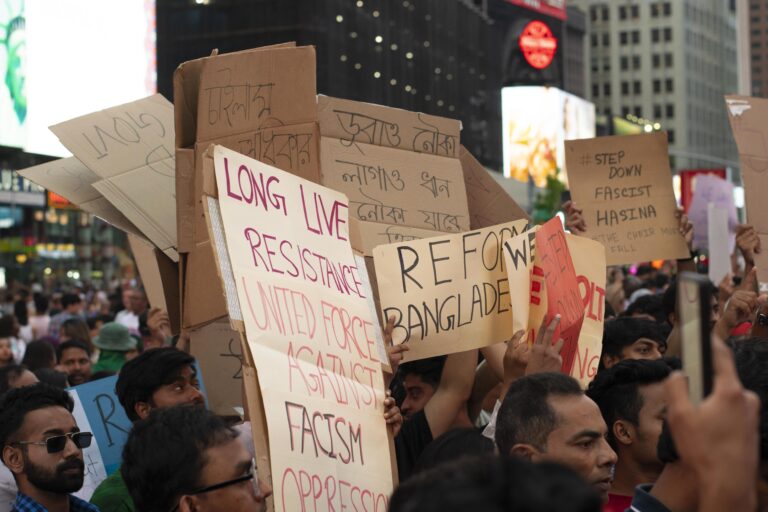
What triggered the violence?
Prime Minister Sheikh Hasina referred to protesting students as “rajakars,”on Sunday, July 14. Rajakar is the term used to describe traitors who aided the Pakistani army during the Liberation War. Outcry against her remarks spewed onto the streets as more students continued to march and protest. As the protests began to garner international attention, violence erupted as police began shooting students with rubber bullets and as members of the Chhatra League, the student group of the Awami League party, began targeting students – beating them with sticks, rocks, and other handmade weapons.
As death tolls began to rise, videos of attacked students, beaten and bloodied, began to go viral, sparking international outcry. A video of the murder of Abu Sayed, a 25-year-old student from Begum Rokeya University, was shared thousands of times. In the now viral images, Sayed stood with his arms open, only to be shot by an officer. He was pronounced dead after arriving to the hospital.
“We urgently need international attention and investigation into these actions,” said one BRAC University student, who wishes to stay anonymous, “Students are fighting for their fundamental rights and should not have to fear for their lives in an independent country.”
Images of dead students on army vehicles, women with bloodied faces, and unarmed students running from Chhatra League members began to circulate on all social media channels. On Wednesday, July 24, AP News reported that nearly 200 people had died as a result of the violence, but the actual number is likely higher, as multiple online sources say the death toll has surpassed thousands.
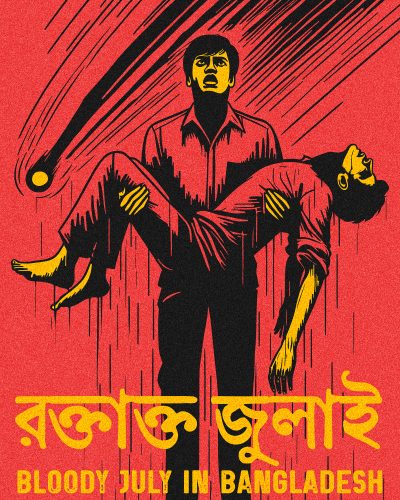
A Blackout
The Bangladesh government imposed a countrywide telecommunications blackout, shutting down all internet, social media, and news outlets. A curfew has been set and all universities have been closed for the semester. The army has been deployed.
Bangladeshi expats cannot reach their loved ones. Prior to the shut down, Hasina urged students to “wait with patience,” and that they will “not be disappointed.”
International Response
Bangladeshi influencers have echoed the call to bring attention to the protests, sharing videos on Instagram, TikTok, and Facebook. Local organizations have also taken action to spread awareness and host vigils for martyred students. Hundreds of Bangladeshis took to the streets in Times Square to condemn the quota movement and chant for Sheikh Hasina’s resignation. Protests have also turned violent in London, where a large immigrant community of Bangladeshis live.
Access Now, a human rights organization that “defends and extends the digital rights of people and communities at risk,” has condemned the actions of the Bangladeshi government for the blackout.
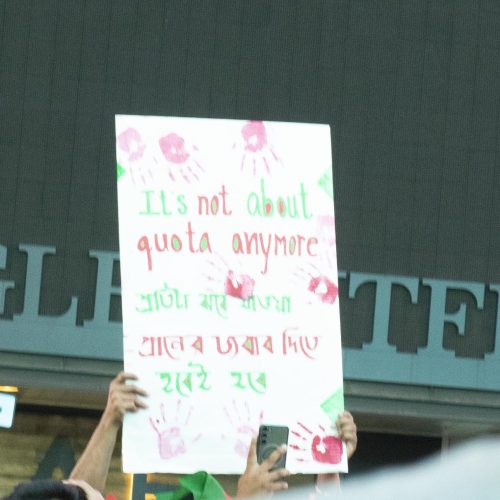
What Can You Do?
If you are interested in supporting the students’ movement, continue to amplify their voices by sharing photos, stories, and articles regarding the protests. Because this is now a politically-charged protest, be mindful about donating to fundraisers that have not been vetted to support students directly. Due to the telecommunications shut down, access to funds or communicating with students have now been cut off.
Some communications, though limited, through telephone have been successful.
It is unclear when the internet shut down will be lifted.
A Note from the Writer
I was unable to reach my family for days. Like many of you, I am scared for my loved ones and devastated for the loss of life we are seeing unfold in real time. I feel helpless, and guilty, knowing that I have access to privileges many of my loved ones do not.
I pray, and advocate for a better Bangladesh where all students, children, families, and peoples can thrive and grow in a land of opportunities. I will continue to advocate for the students and hope you will use your voices to do the same.
Read More
The Legacy of Boi Mela
Every year in February, the month-long national book fair welcomes...
Read MoreMillennial Amma: How to Explain a Global Crisis As a Parent
Rumki Chowdhury shares tips for how to talk to children...
Read MoreBegum Rokeya’s Millennials
A tribute to a pioneering Bengali feminist writer, educator and...
Read More